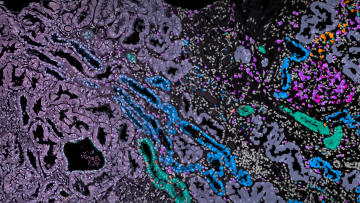So what do you fancy today? Carrollian holograms? The Möbius function? Software to tackle pollution? Additive versus multiplicative structure over integers? A celebration of the many people who have used maths in their everyday lives?
We can do all that and more. We've 100s of case studies online: pure, applied and all things combined. Just click here.


